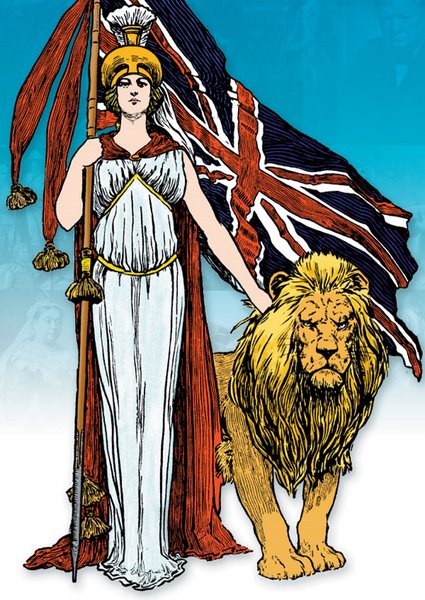Yesterday, I mentioned King Weiwang and his relationship with one of my favourite philosophers; Zhuang Zi. I thought I might mention King Weiwang again, whilst the subject was still fresh in my mind, and because he is of interest to me for several reasons.
King Weiwang was part of the Zhou dynasty, and reputedly ruled from 378-343 B.C in what is now Shandong Province. He is of interest to me because of his part in the Warring States Period, whereby the Warring States supposedly saw innovations in the fields of commerce, agriculture, and iron-working. It is interesting to see how often developments are achieved in time of war, despite the disruption that societies are forced to deal with.
King Weiwang’s particular contribution to the aforementioned developments was the overseeing of complimentary reforms in the tax system and the military. This, of course, is not without parallel in the western world. William Pitt ‘The Younger’ introduced fundamental tax reform by levying Income Tax to fund the war against France and her allies. Abraham Lincoln did likewise to help fund the United States in their struggles against the Confederacy. King Weiwang just happened to do it some 2,150 years earlier!

Thursday, 1 February 2007
Subscribe to:
Post Comments (Atom)
No comments:
Post a Comment